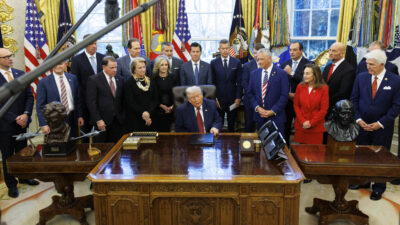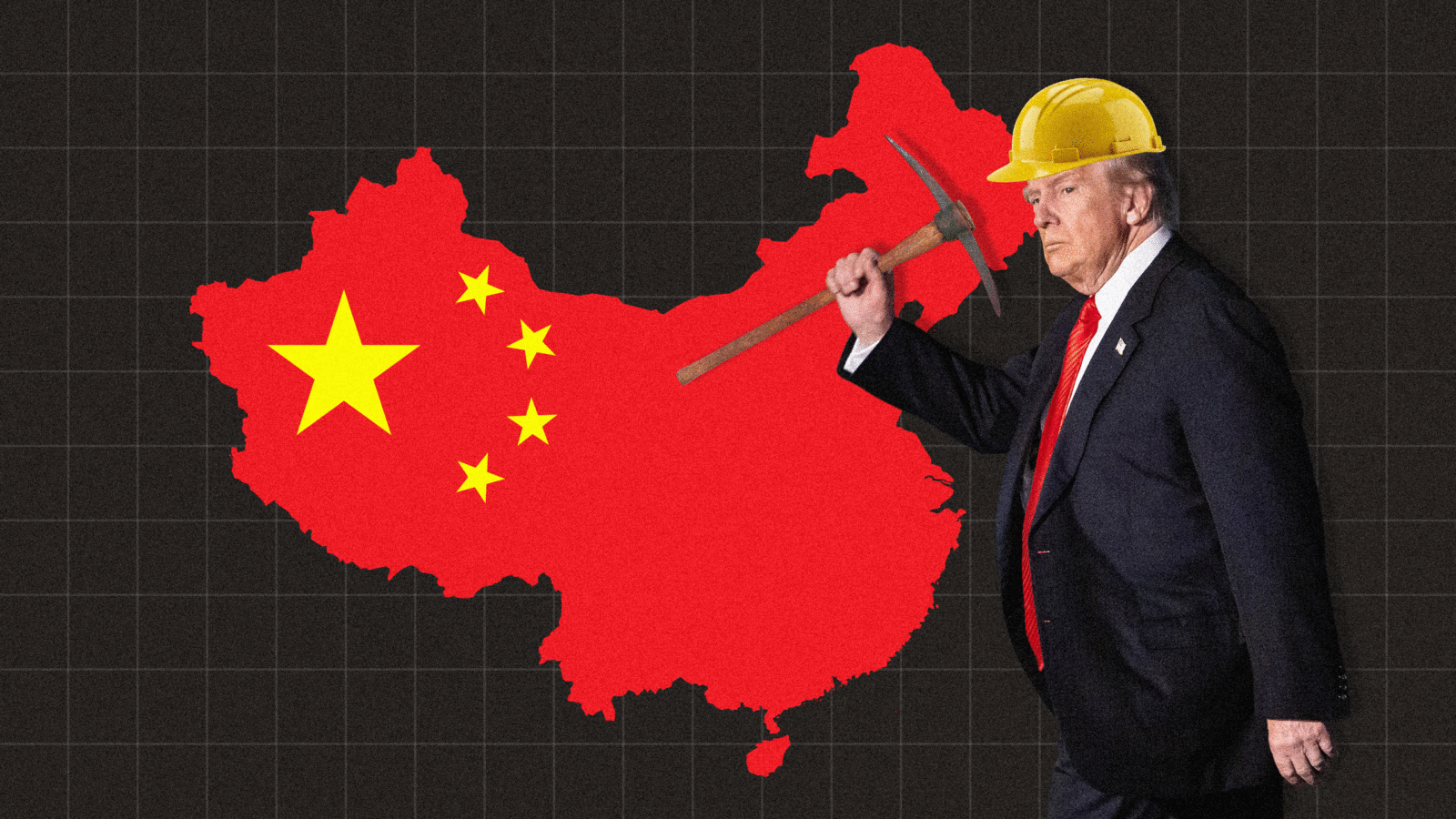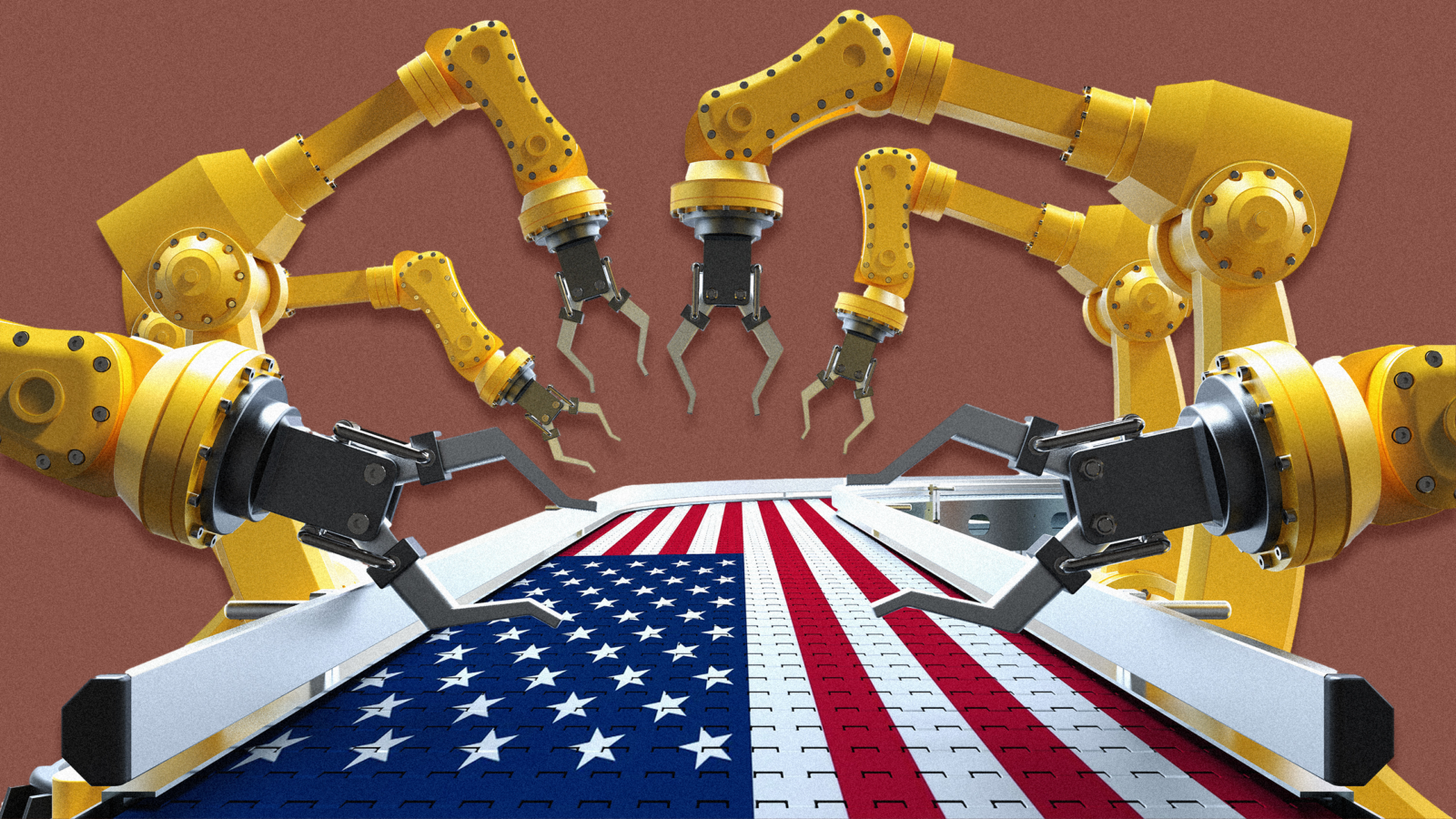Ford
-
Pedal off the Metal: Detroit’s Big 3 Brace for Slowing Sales in ’26

Photo via afael Ben Ari/Newscom
Get More Than News. Get Insights.
Our daily email brings you smart and engaging news and analysis on the biggest stories in business and finance. For free.
-
US Seeks Rare Earths Outside China’s Control

Photo illustration by Connor Lin / The Daily Upside, Photos by Nicolae Popescu, Willard via iStock and Francis Chung/UPI/Newscom
-
Manufacturing Discontent: Can Tariffs Spur Domestic Reindustrialization?

Photo illustration by Connor Lin / The Daily Upside, Photo by Thomas Soellner via iStock















